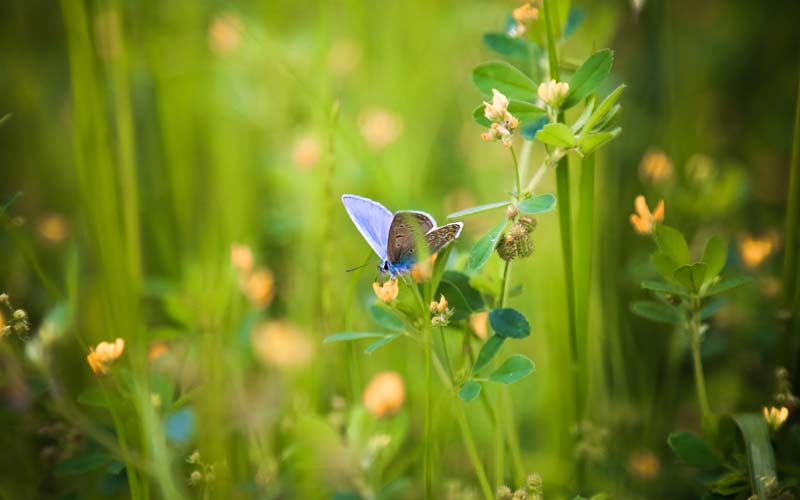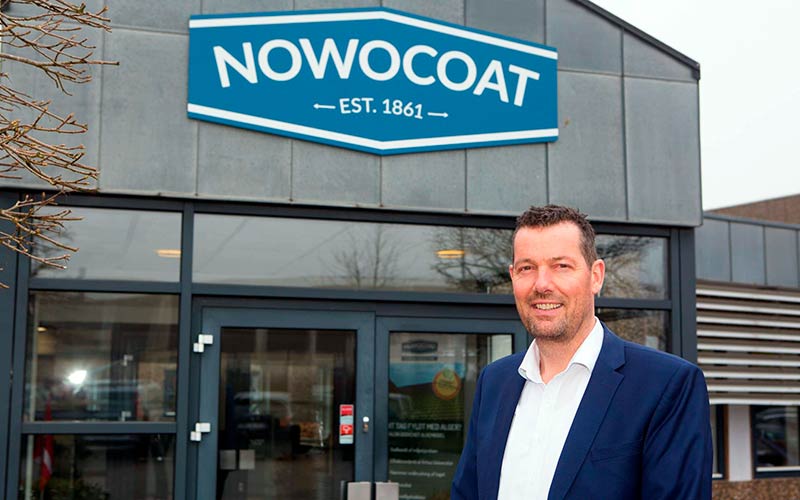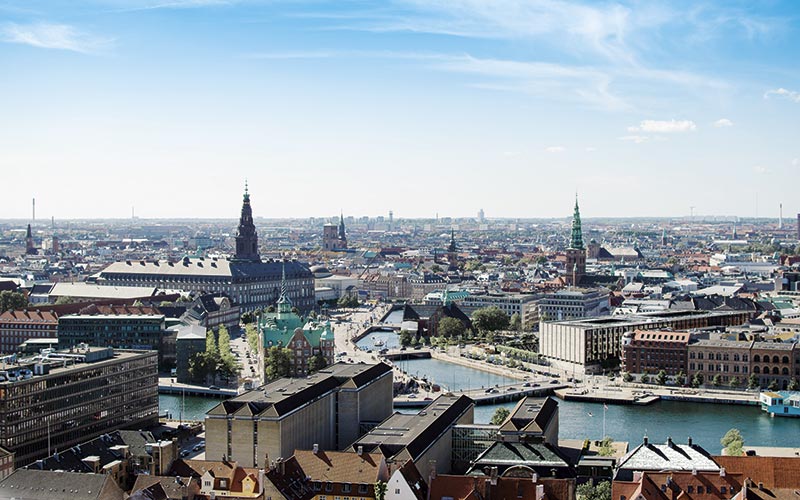
17. March 2023
Biodiversity – the variety of species and ecosystems – is essential to ensure that we have enough resources to live on and, for example, can produce food and develop medicines. However, overconsumption and overexploitation of Earth’s resources and species, pollution and climate change have eroded biodiversity to a point where we are running out of essential resources, our biological systems being increasingly challenged.
Strengthening biodiversity is therefore fundamental to sustainable development and has also become business critical. The World Economic Forum estimates that half the global economic value generated (GDP) is dependent on nature. It is about raw materials (e.g. plants are critical to the development of medicine), dependency on natural processes (such as pollination) and about the use of land and water areas. The rapid loss of biodiversity is therefore critical to habitat and many enterprises are threatened by the ongoing loss of nature.
In order to meet the challenges, international standards are being developed to support a balance between economy and ecosystems and create opportunities for sustainable development. The future standards will provide enterprises, organizations and authorities with the opportunity to integrate biodiversity considerations into their strategies, decisions and actions.
- If we are to solve these massive challenges, we need to stand together and ensure a joint, coordinated effort. Therefore, we need joint agreements and standards for the use and consumption of resources. Standards that provide support across countries and interests, protecting natural resources and species that we cannot do without," says Berit Holbech Asmussen, chief consultant at Danish Standards.
Individual efforts at the species level benefit very little since no species are totally independent of others. Therefore, according to Berit Holbech Asmussen, we have to focus on "ecosystems", including preserving and optimizing biodiversity in the context of all production and trade throughout the value network. Standards can support this development. Therefore, the International Organization for Standardization (ISO) has established an expert committee focused on developing standards to help organizations promote biodiversity, ISO/TC 331.
The four preliminary working areas of the committee are:
The approach is holistic and is based on existing national and international expertise and methods to address the loss of biodiversity.
Furthermore, at the European level, strategic focus is on how standards can help with the overall implementation of environmental policy. This focus also includes identifying the need for standards to support the implementation of the EU biodiversity strategy.
The first focus areas are:
Danish Standards is a member of ISO's technical committee on biodiversity, ISO/TC 331, and follows the work to identify where and how European standards can increase biodiversity. Danish enterprises, organisations and others with knowledge and interest in the field are able to gain influence on the international and, in the long run, also European standardization work on biodiversity through membership of Danish Standards committee S-1000 Sustainability and business development.
37 European stakeholders have joined forces for the first time to create a common foundation for greener aviation fuel – from production to fuelling – paving the way for more climate-friendly aviation across Europe.
The Danish company Nowocoat has integrated ISO 14001 into their core business because it paves the way for responsible and economic growth.
Energy management is a palpable and an appropriate tool for improving the company's energy efficiency and reducing the CO2-emission. But how can a company that may not be used to working with standards approach the work?
Smart Cities are not just about better use of data but rather about developing societies, where the digital solutions support a sustainable development. A Danish guide for municipalities and companies will guide on how to manage such solutions in...




